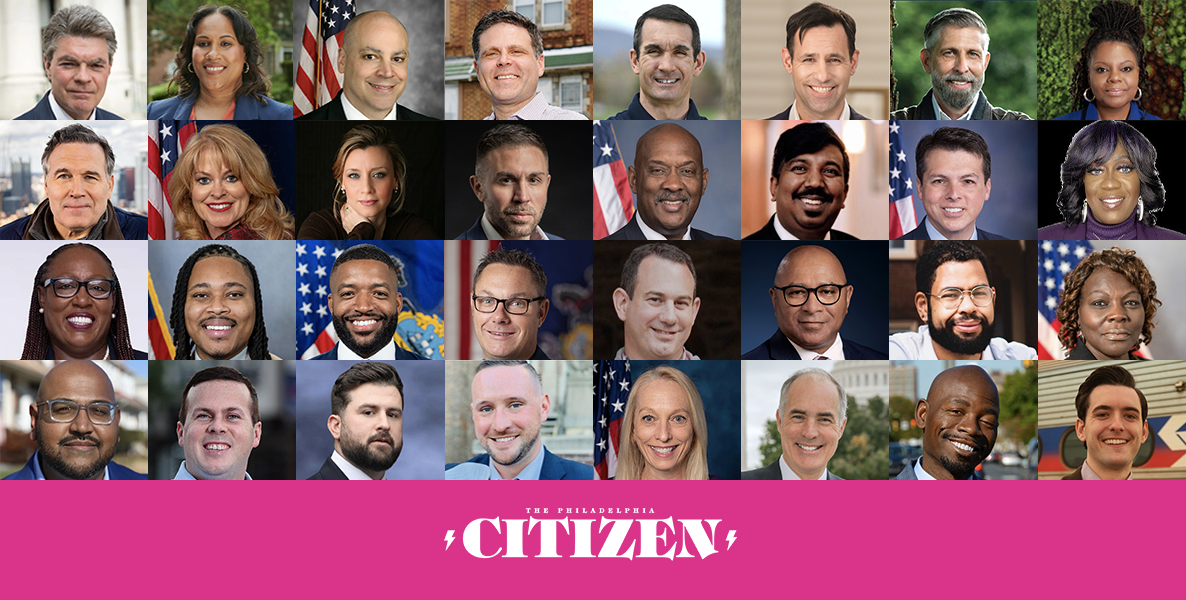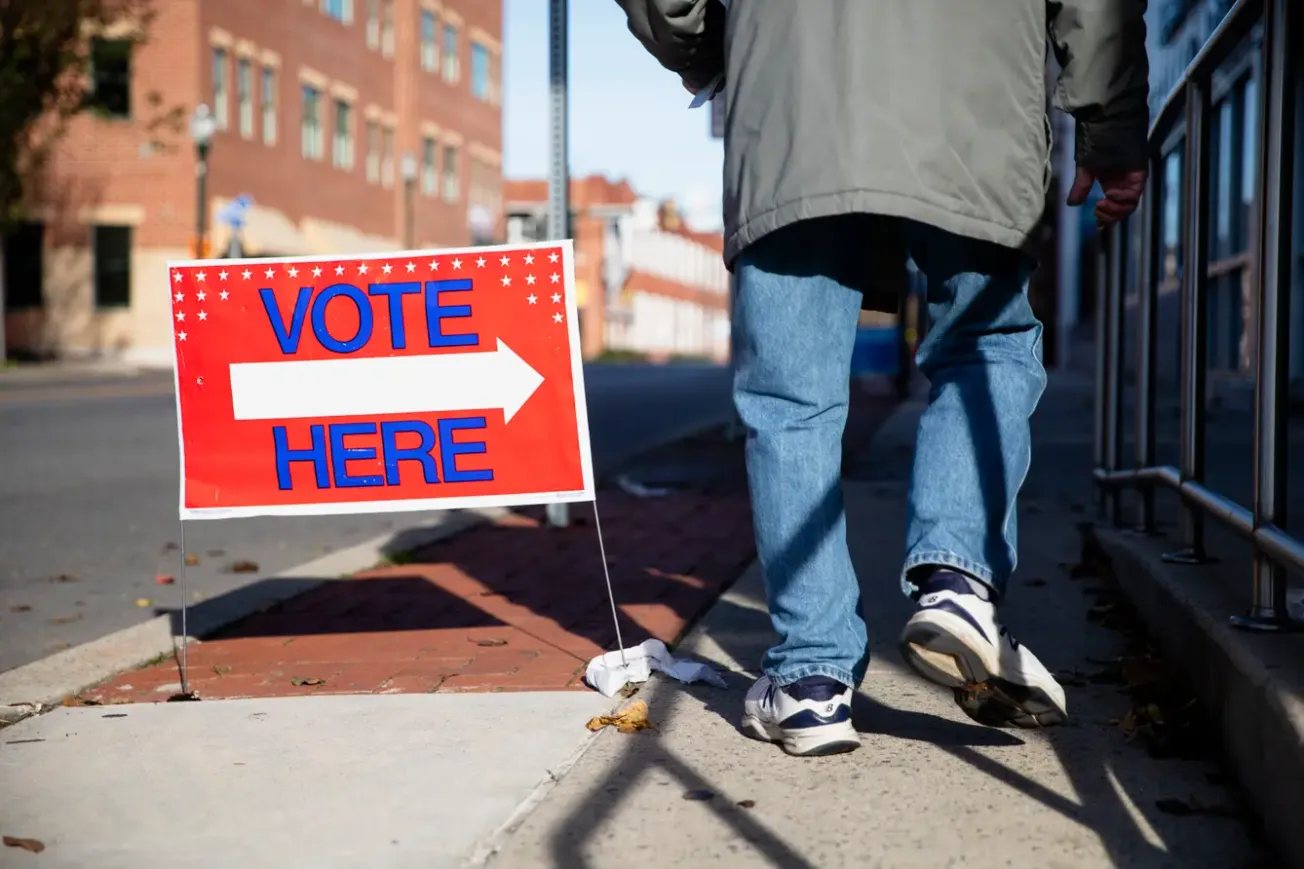Philadelphia homeowners struggling to pay their property taxes may be eligible for the city’s tax freeze and exemption programs. The programs are available each year, but you’ll have to apply soon if you want to receive the benefits for your 2021 property tax bill.
The deadline to apply for the Homestead Exemption program and the Low-income Senior Citizen Real Estate Tax Freeze program is this Sunday, Sept. 13. Both programs are run by the Philadelphia Department of Revenue. The Homestead Exemption helps any Philadelphia homeowner by reducing the amount owed in property taxes and the Real Estate Tax Freeze helps low-income seniors by preventing their property taxes from increasing over time.
Each program accepts applicants with overdue taxes. By lowering their tax liability, they can help already-struggling homeowners avoid back taxes, and eventually, foreclosures.
“A lot of people don’t know about [these programs] or don’t take advantage of them,” said Joseph Bamat, the communications and outreach manager for the city’s Department of Revenue. “Especially during this time, when a lot of people are out of work, [we want] to help them to be aware of and take advantage of these programs.”
Since the onset of COVID-19, Bamat said that the department has been working to increase awareness for these programs among immigrant and elderly communities, who may have less information due to language barriers or an inability to use a computer.
“We’re working towards making these applications more accessible online, but we’re also aware that that doesn’t necessarily help a lot of residents who don’t have as much access to the internet or not as internet savvy,” Bamat said.
Applications for both programs can be printed out and mailed to the department’s office.
Here’s who is eligible and how to apply:
Homestead Exemption
Philadelphia’s Homestead Exemption program benefits Philadelphia homeowners by reducing their assessed property value and, in turn, reducing their real estate tax bill.
Eligible applicants will receive a $45,000 reduction on their assessed property value, which typically translates to a yearly tax reduction of about $629, according to the city’s Department of Revenue.
Bonus: This year’s program will have a larger financial impact than in the past. City Council approved the new $45,000 reduction in 2019, which went into effect in 2020. Property assessment values were previously reduced by $30,000 through the program.
Who is eligible?
If you own a home in Philadelphia and use it as your primary residence, you are eligible for this program. There is no income requirement.
“You can’t make too little, and you can’t make too much,” Bamat said. “A lot of people worry that they make too much money so they’re not going to be able to benefit from this program. It’s not the case with Homestead.”
You may also be eligible if you inherited the house from a relative who passed away, a fraudulent mortgage or deed was recorded for your house, or if you entered into a rent-to-own agreement and have paid all or some of the sale price for the house — even if your name is not officially on the property’s deed.
If your property is used as a business or for renting, you are not eligible. If you have a 10-year residential tax abatement, you are also not eligible.
You do not need to reapply if you’ve already applied for this program in the past. However, if your deed has changed, such as you changed your legal name or you are adding another person’s name to your legal property contract, you must reapply.
How can you apply?
To apply for the Homestead Exemption, you can complete an online application through the city’s website or mail an application to the city’s Department of Revenue at P.O. Box 52817, Philadelphia, Pa. 19115.
Currently, the online application is only available in English. However, Arabic, Chinese, English, French, Russian, Spanish, and Vietnamese versions are available in print, so if you speak those languages, you can apply by mail.
You can also apply over the phone by calling the Homestead Hotline at 215-686-9200.
Low-income Senior Citizen Real Estate Tax Freeze
Low-income senior citizens in Philadelphia who meet certain age and income requirements can qualify for the Real Estate Tax Freeze, which will prevent their property taxes from rising even if the property’s value or tax rate goes up.
You do not need to reapply if you applied for the program last year. But, like the Homestead Exemption program, you must reapply if your deed changes.
Who is eligible?
To be eligible for the Real Estate Tax Freeze, you must meet at least one of the age requirements and at least one of the income requirements listed below.
Age requirements:
- At least 65 years old or living with a spouse who is at least 65 years old.
- At least 50 years old and a widow of someone who passed away at 65 years old or older.
You will have to prove your age when applying. Any document that clearly shows your date of birth should be submitted with your application. Some examples are a birth certificate, marriage certificate, driver’s license, or Social Security award letter.
Income requirements:
- An individual who doesn’t earn more than $27,500 a year.
- A married couple with a total income of less than $35,500 a year.
How can you apply?
To apply for the Real Estate Tax Freeze, you can mail a form to the Philadelphia Department of Revenue at P.O. Box 53190, Philadelphia, Pa. 19105.
Paper applications are available in Chinese, English, French, and Spanish. Seniors who live in cooperative housing can apply using a seperate application, here.
Editors: Zari Tarazona, Siani Colón / Designer: Henry Savage
Kensington Voice is one of more than 20 news organizations producing Broke in Philly, a collaborative reporting project on economic mobility. Read more at brokeinphilly.org or follow on Twitter at @BrokeInPhilly.
What did you think about this story? Send a note to editors@kensingtonvoice.com, and we’ll consider publishing it in our Voices section. You can also tell us what you think in person at our neighborhood events.






